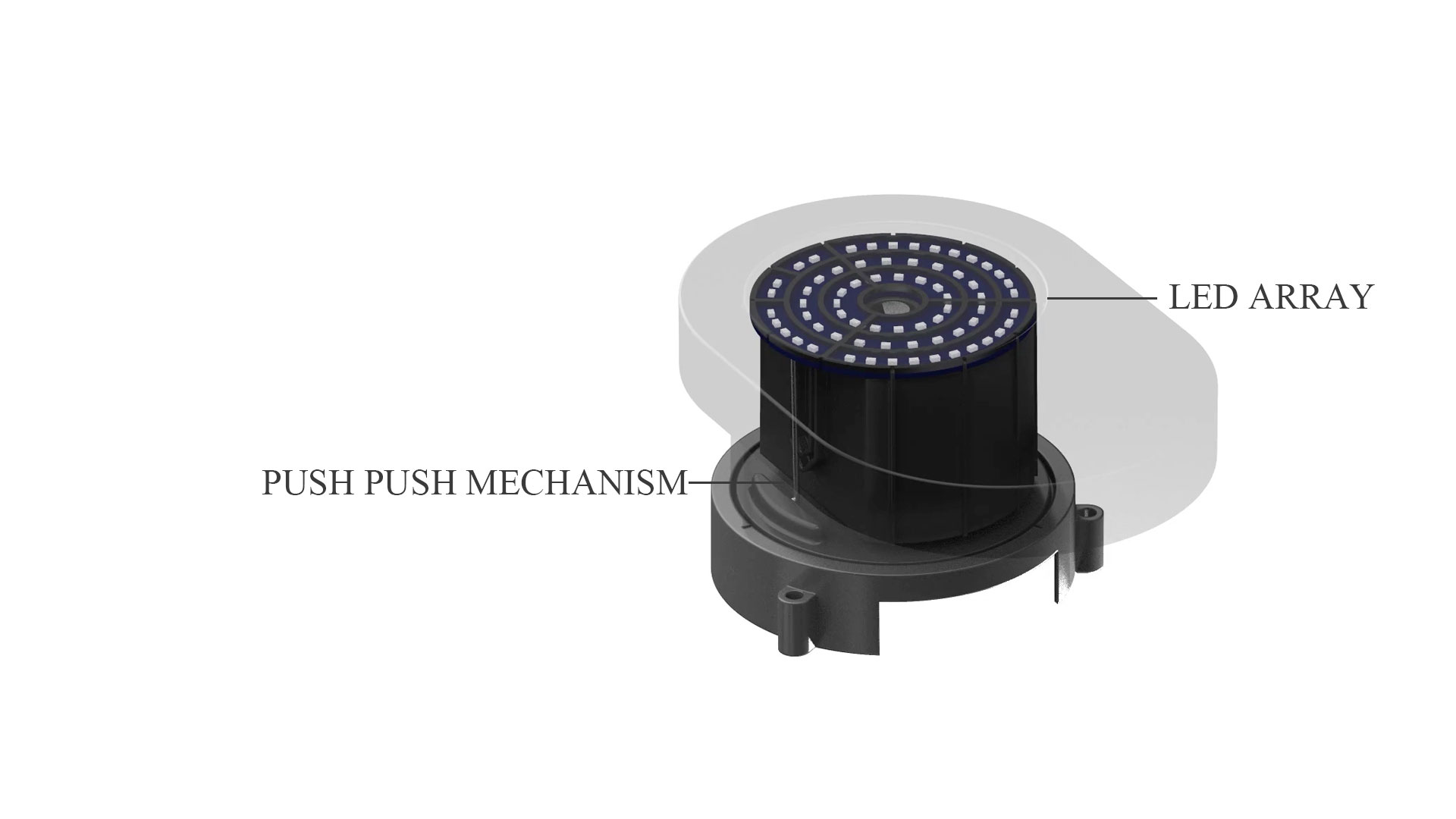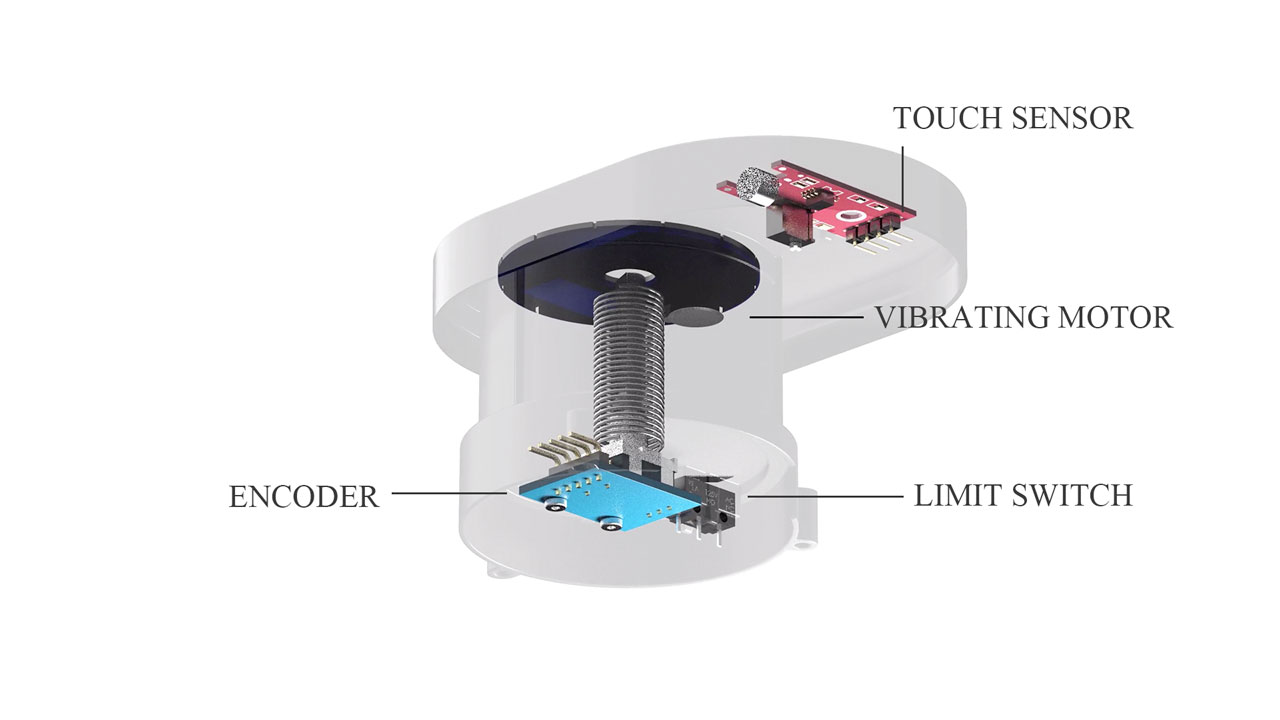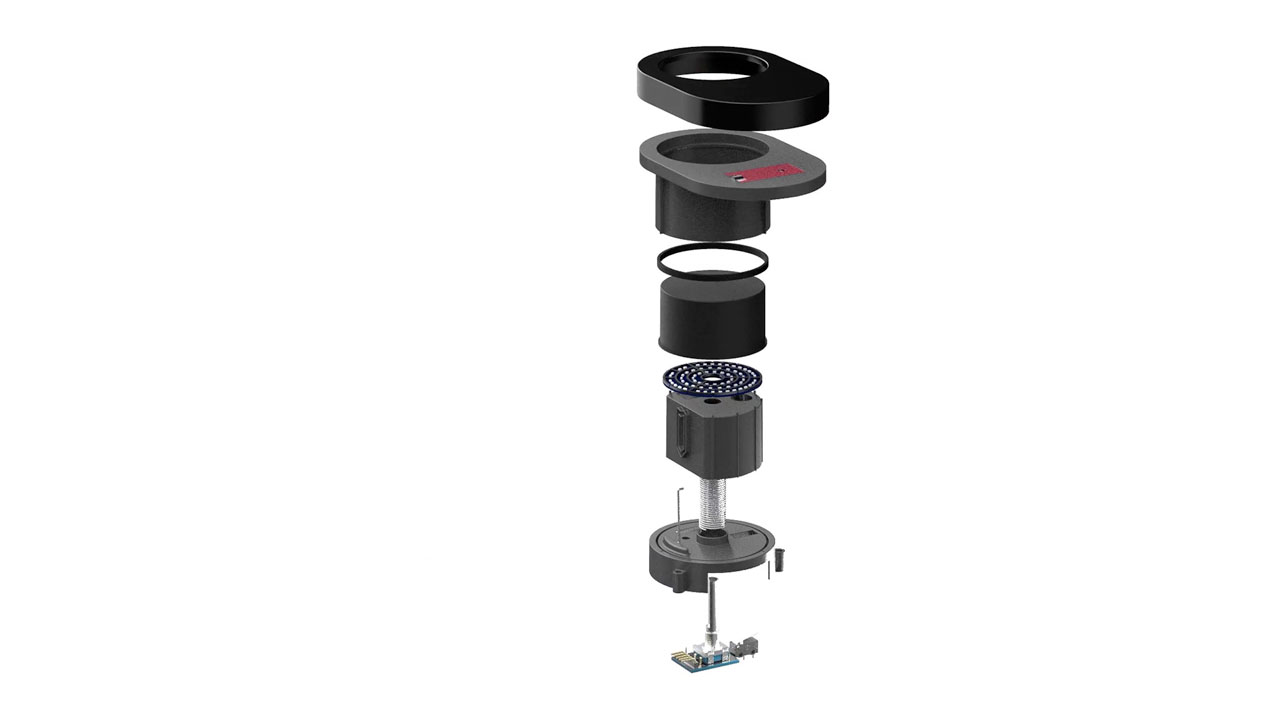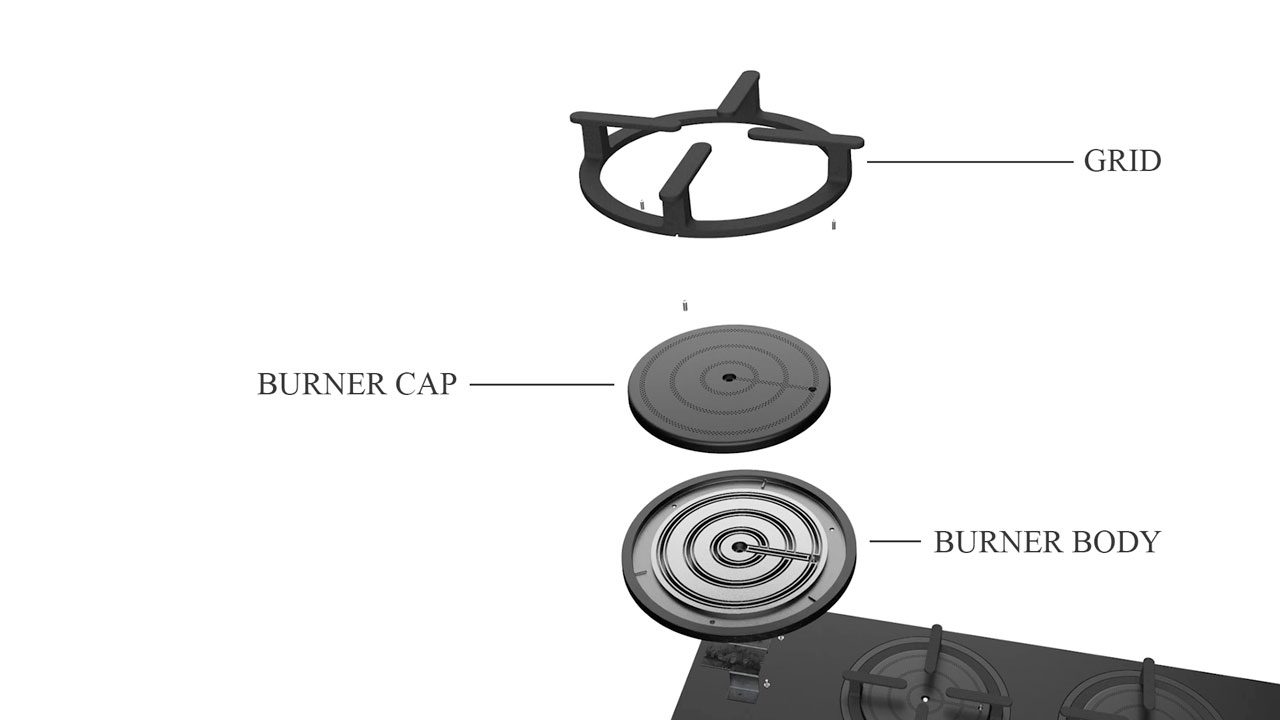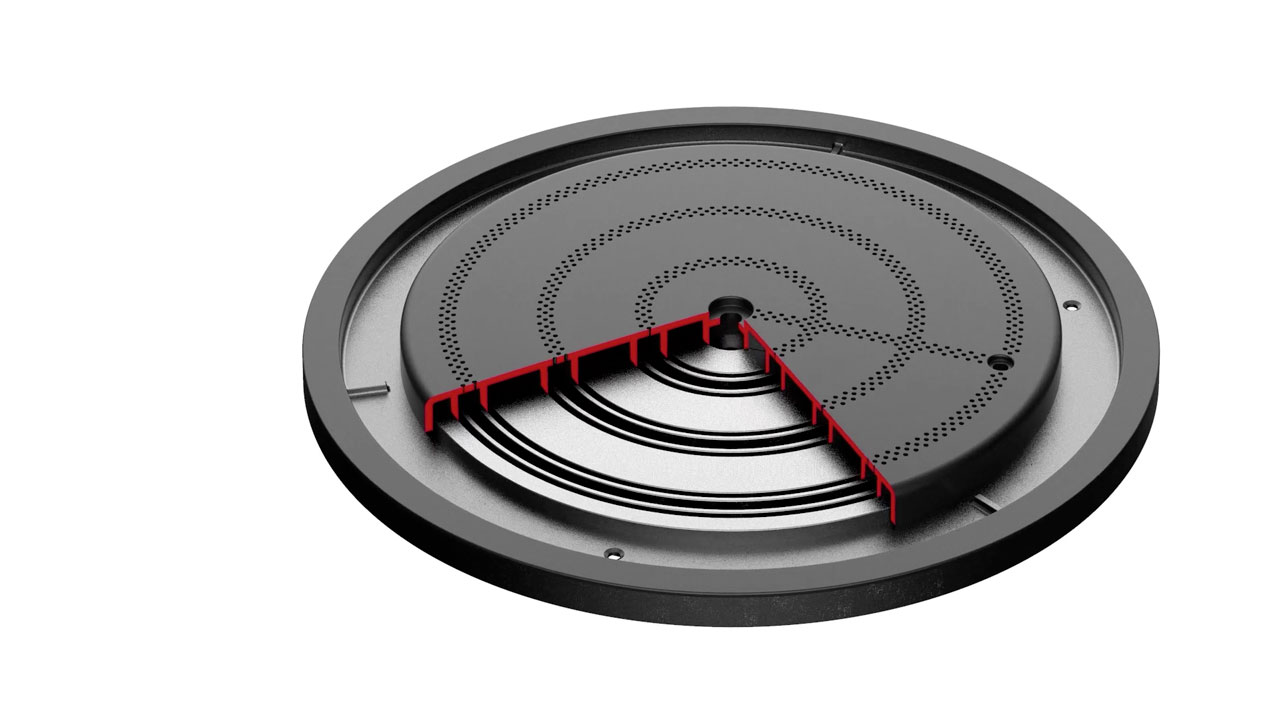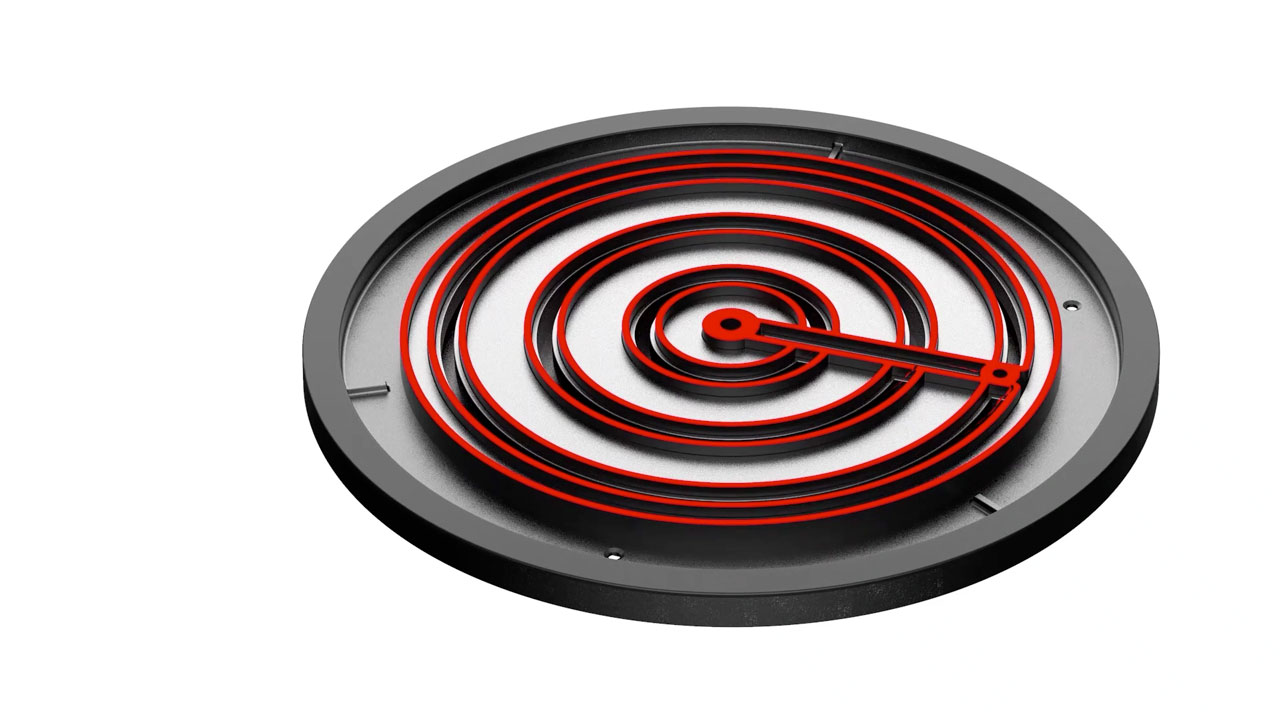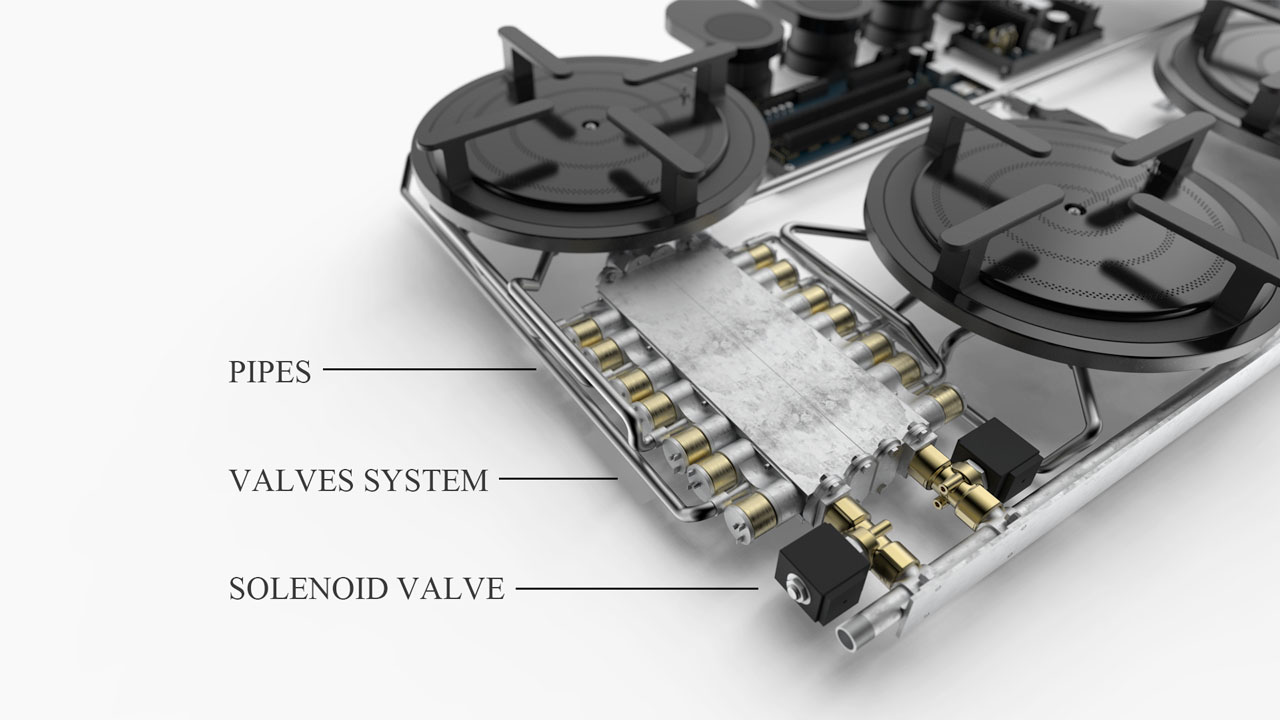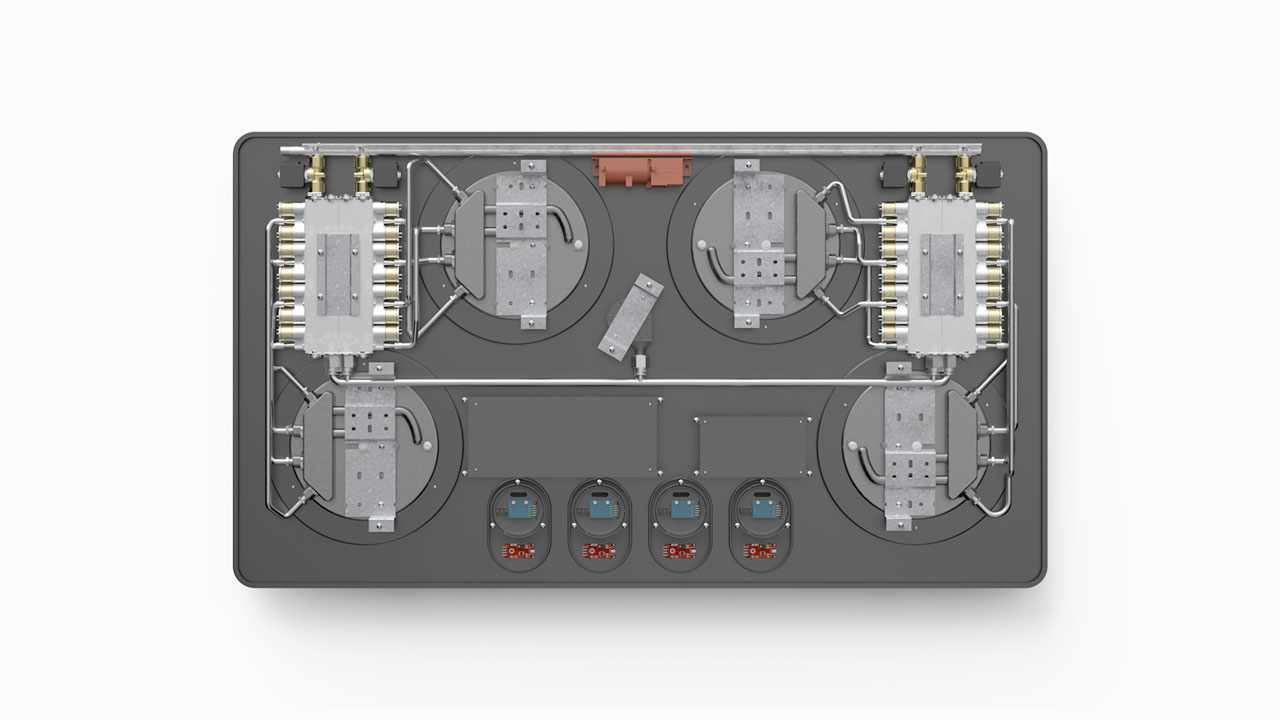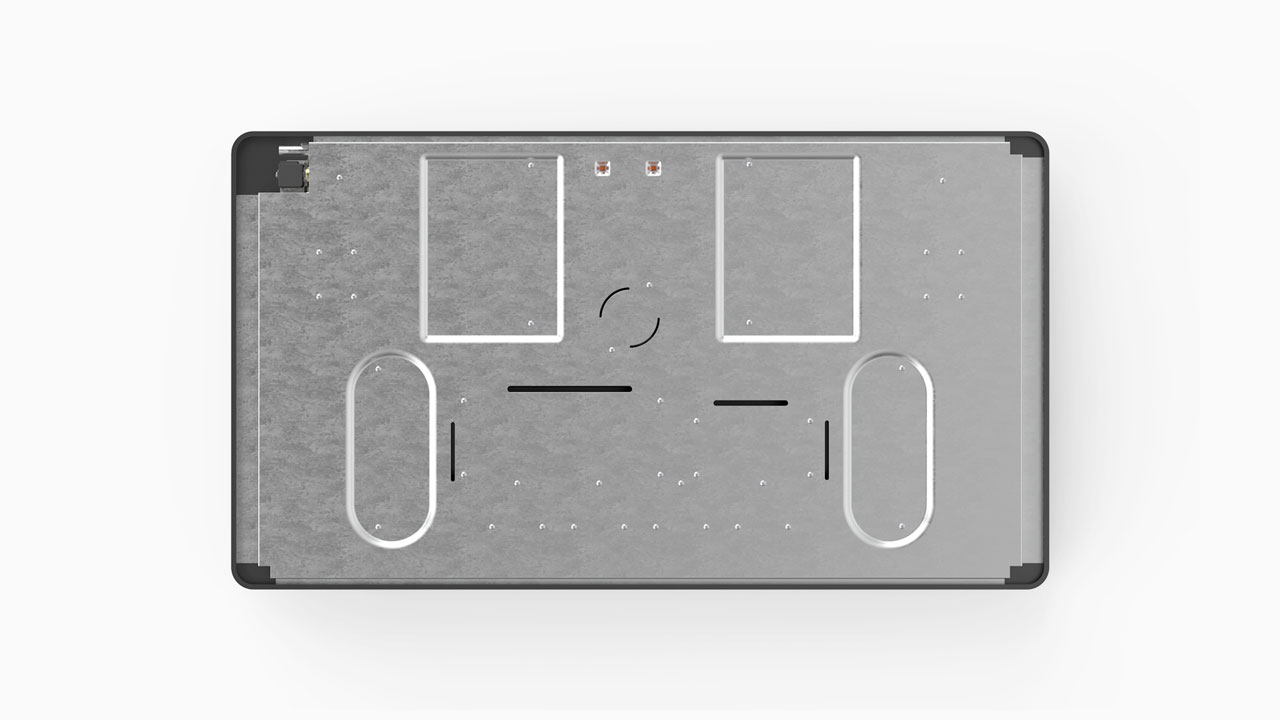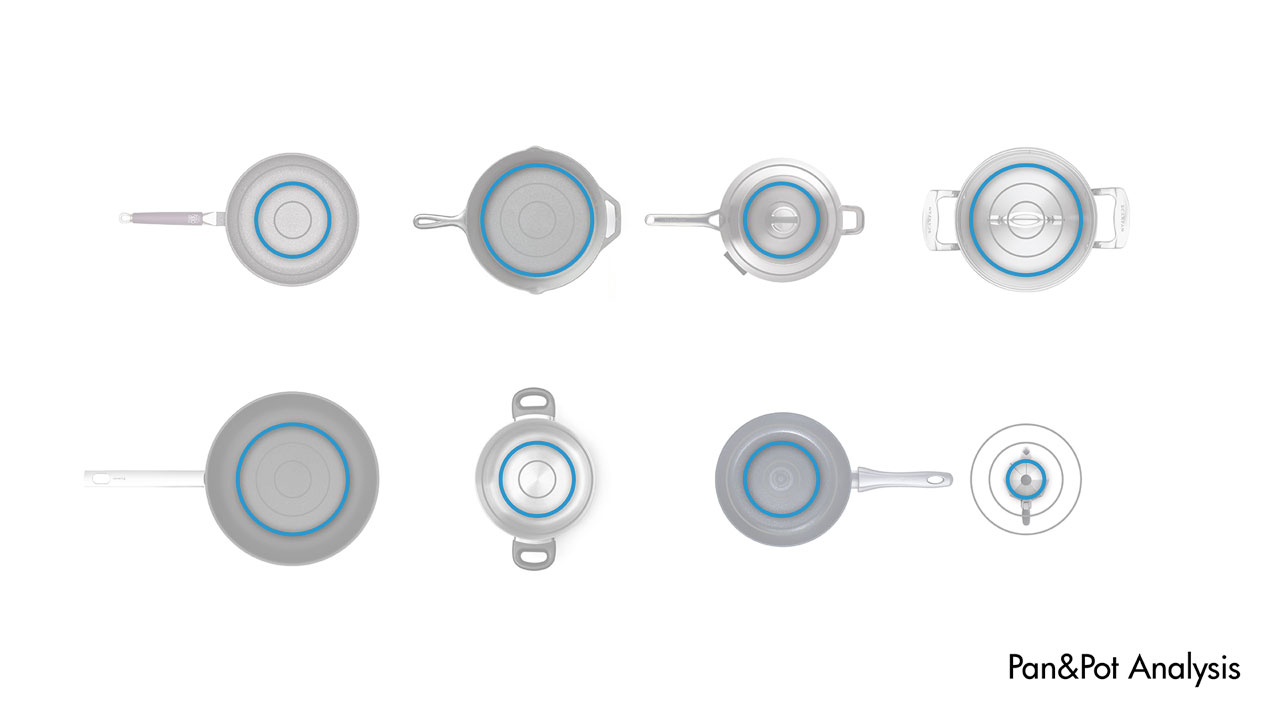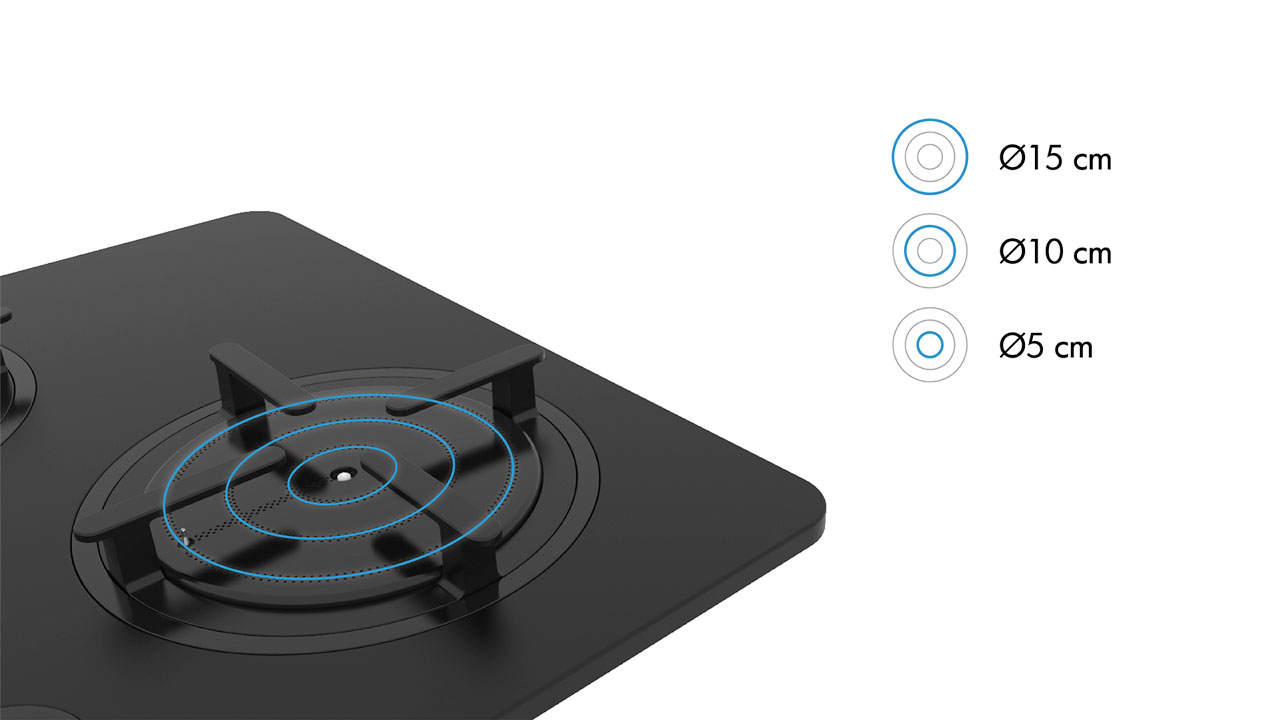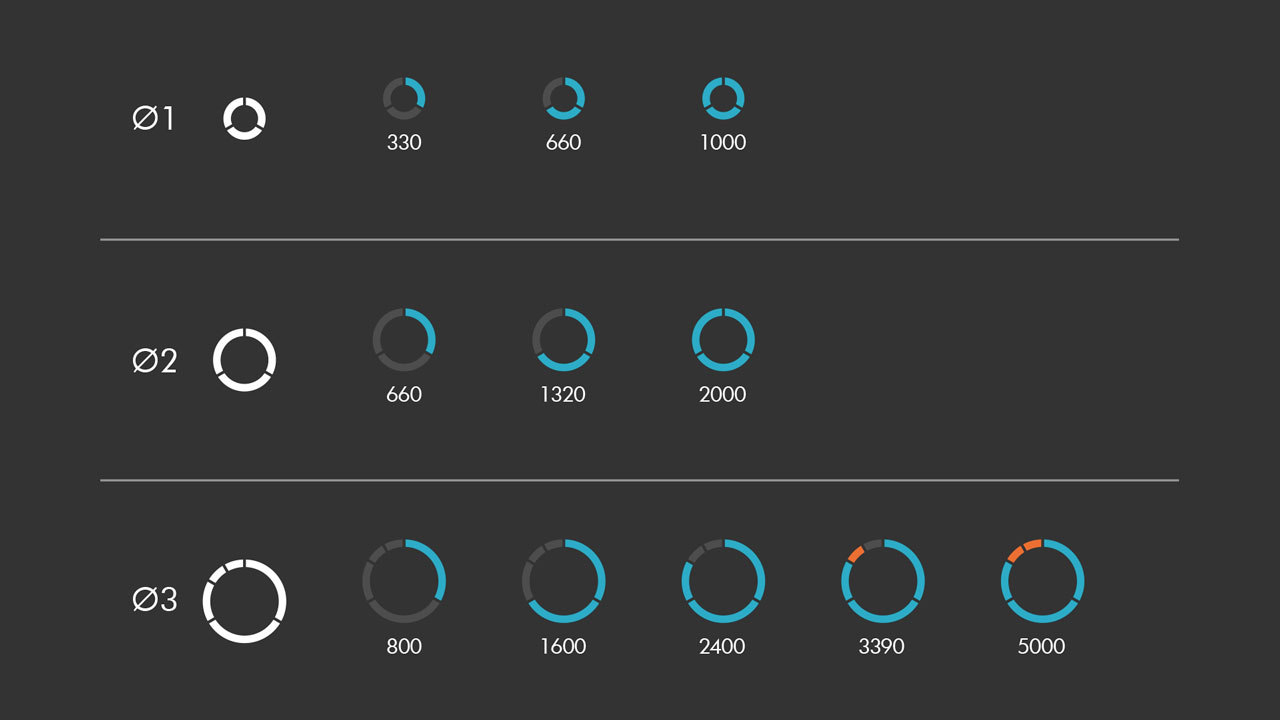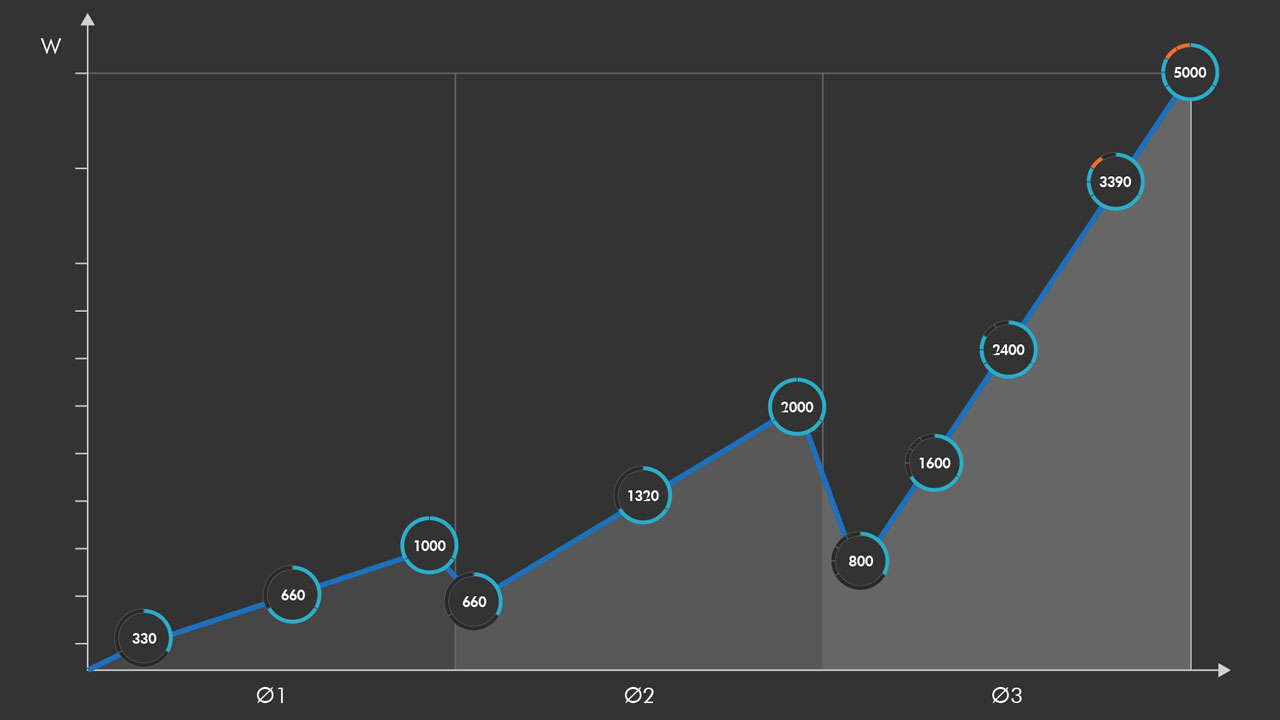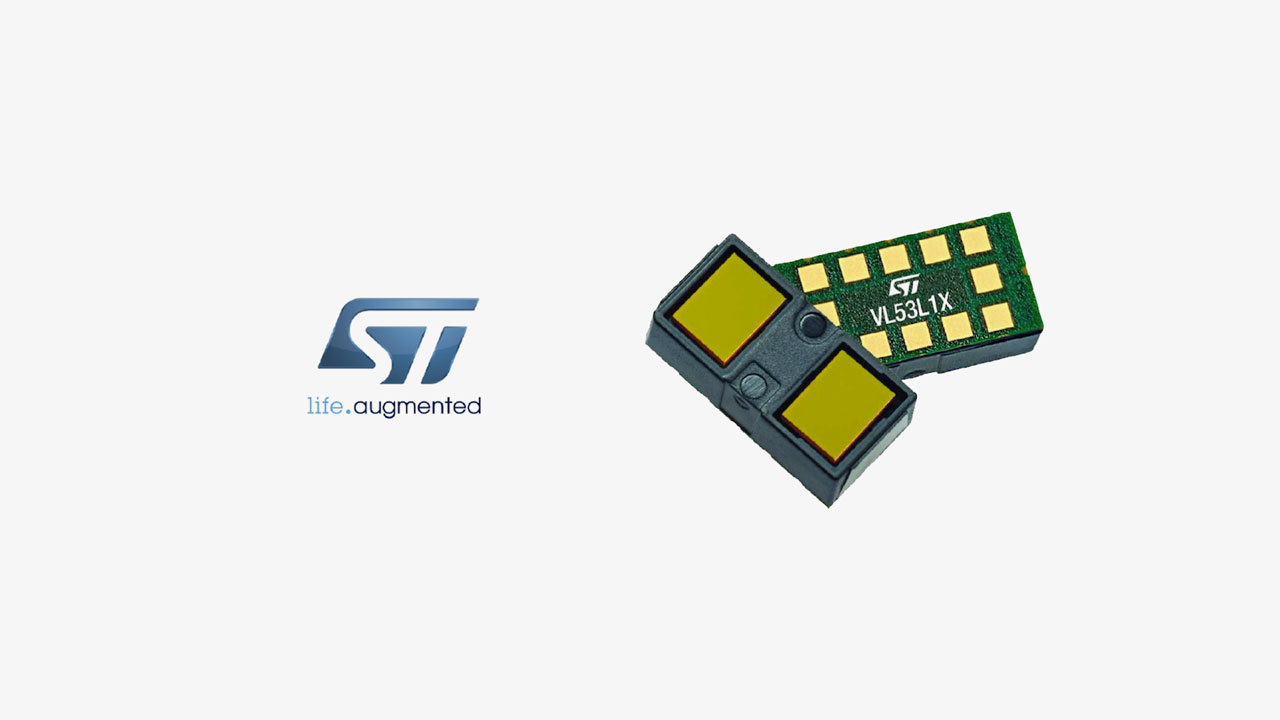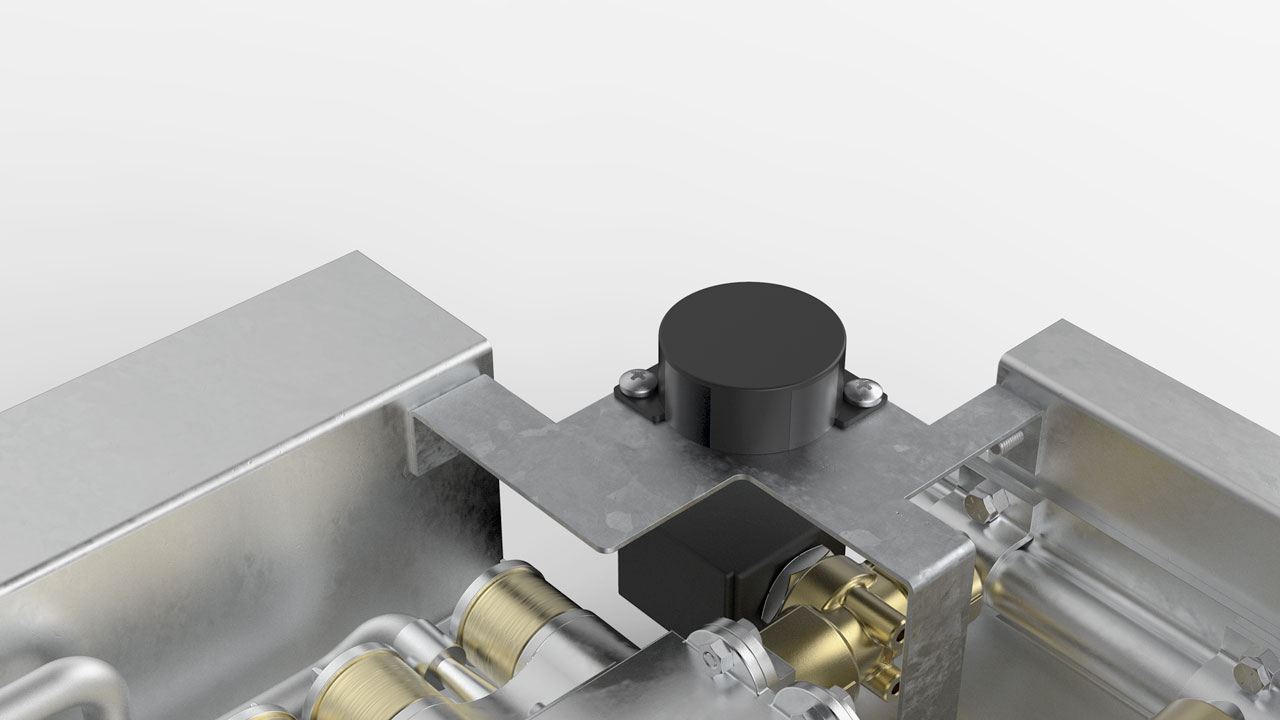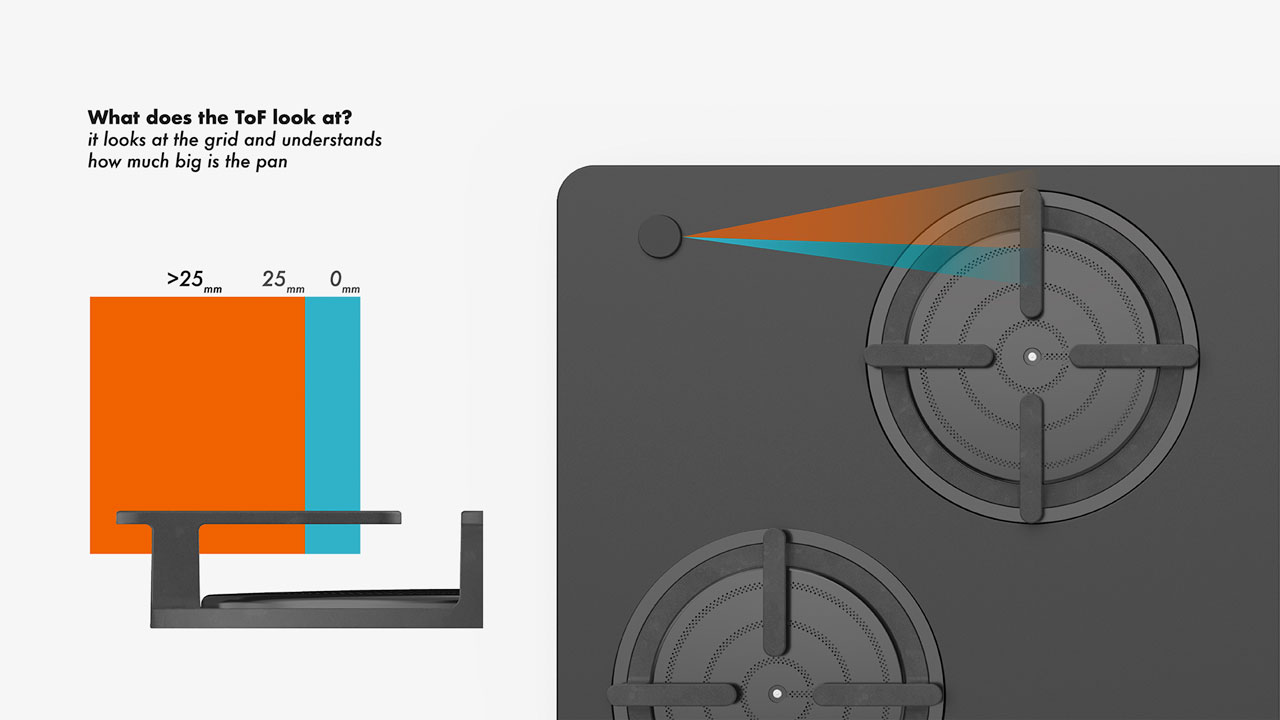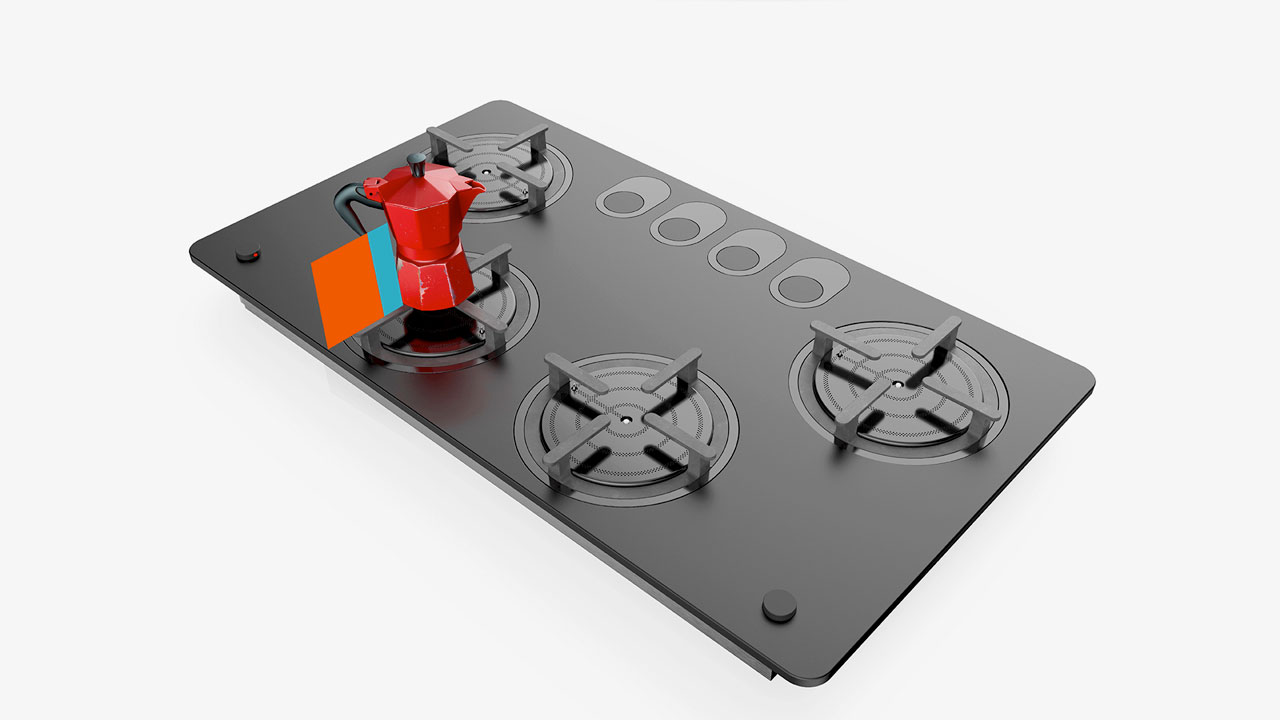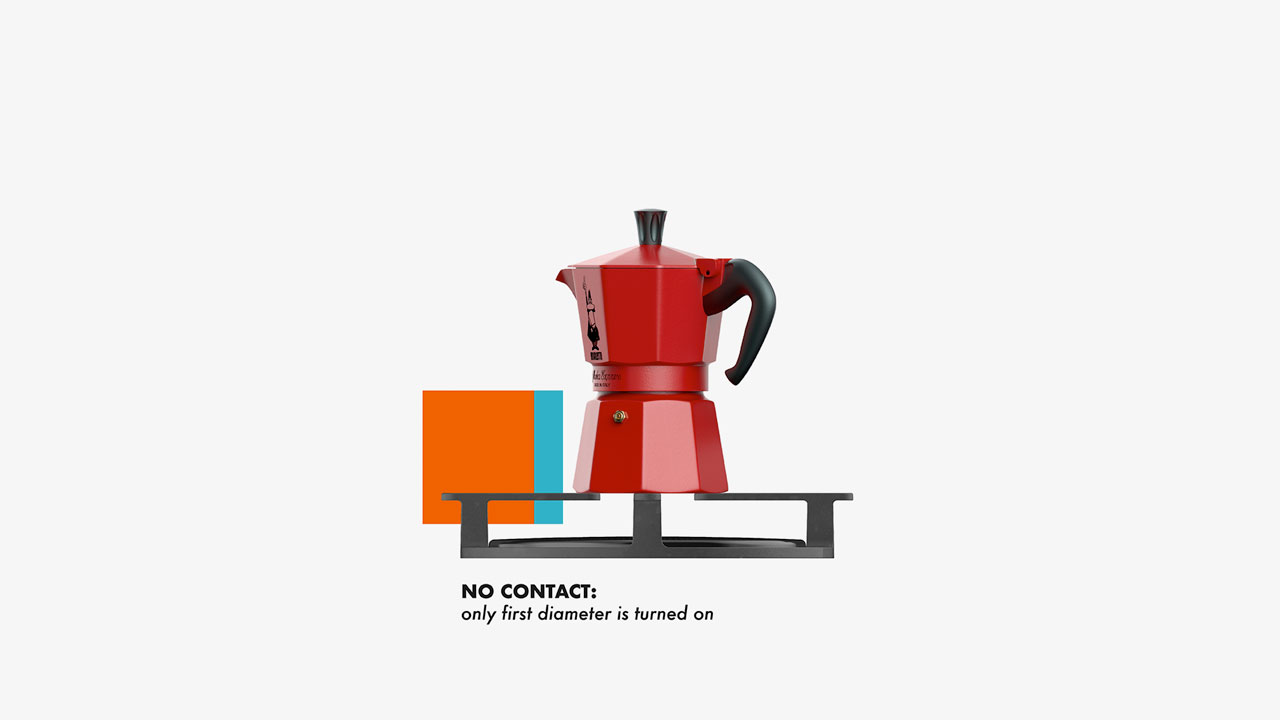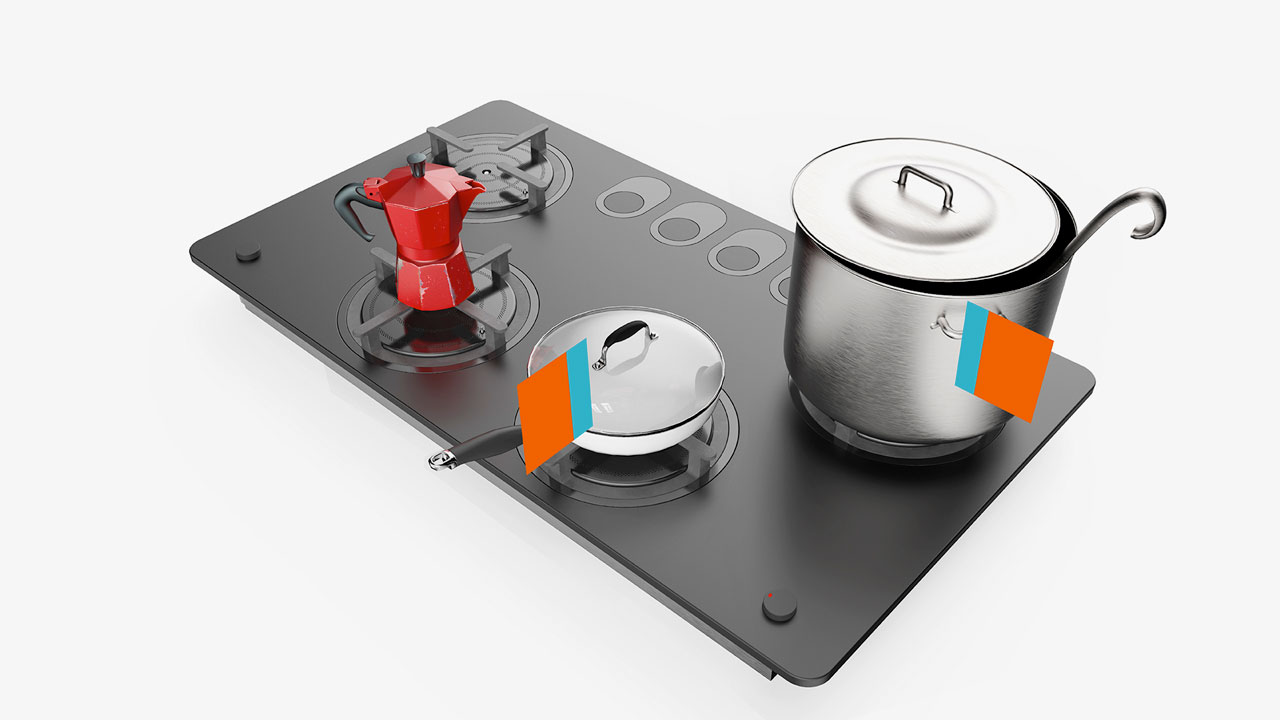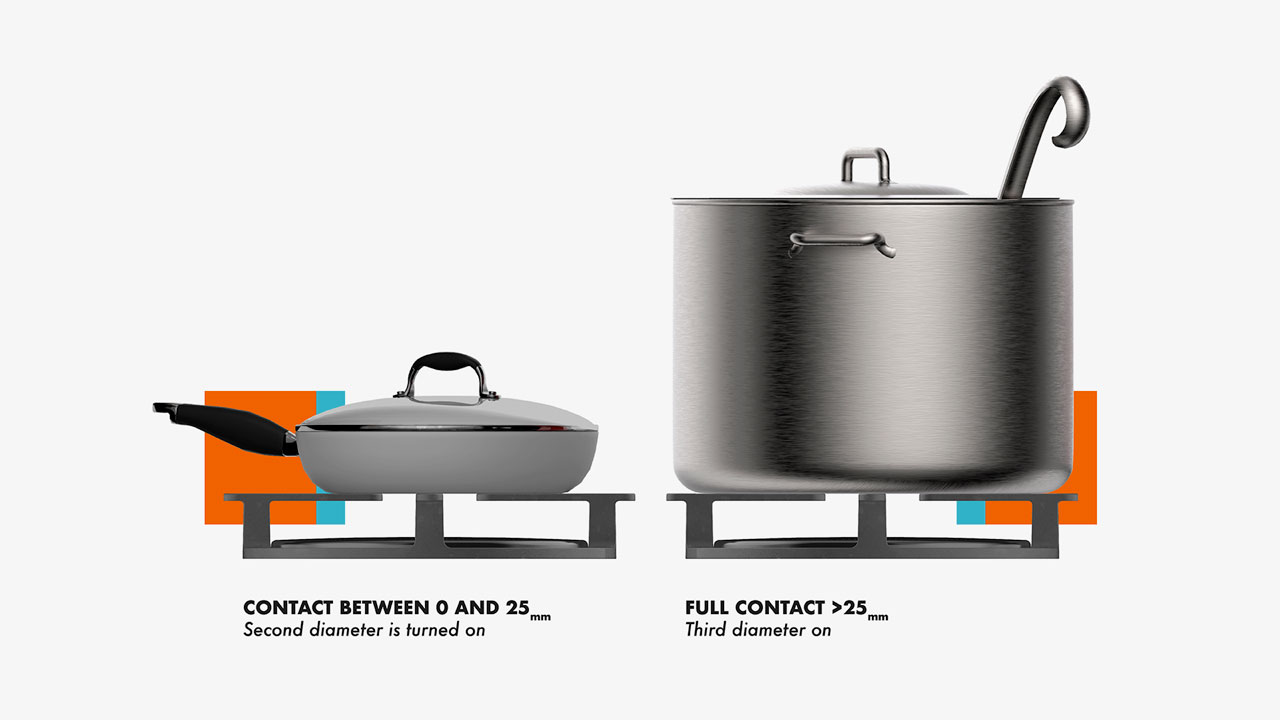Project Background
Brief
My Contributions
My works mainly focus on the feasibility study of the Tof technology and the knob. I also made the AR prototypes in Unity3D with Vuforia for testing the knob interaction.
Prometeo is a luxurious gas hub with a brand new language of interaction design. The users can decide not only the level of the fire but also the diameter for every burner in an intuitive way.
This project was cooperated with Candy Group S.p.A. in an educational purpose and adopted one patent from Tre P engineering Srl.
The main features of Prometeo can be summarized as three words: Intuitive, Flexibility, Performance. Intuitive of the interaction, Flexibility of the functionality, Performance of its’ efficiency. We used unity to prototyping for usability test in the early stage of product development. After the final design, a future develop concept was generated to enhance the user experience.
Knob System
Prometeo contained four knobs; each knob indicates to a different burner and able to let user adjust the fire level and dimension.
First, the user press down the knob to activate it. The knob will detect the press and ignite the flame. After this, they can rotate the knob to change the fire level. There is a touching area right under the knob; the user can touch it to switch between “level mode” and “dimension mode.”
After estimation, the total cost of each knob’s components able to control under 5 USD dollars in mass production.
To make the platform easy cleaning, it was designed to be flat on purpose. So we applied the push-push mechanism to the knob. A small limit switch is used to detect if the user presses down the knob or not. We also used a vibrating motor to deliver the user more abundant feedback.
Burner System
Benefit from the flat design of the burner system. User can easily clean the surface of the entire gas hub with a simple wipe. Even for the grid and burner cap, they can put it in the dishwasher.
Users are free to adjust the fire dimensions instantly, there are 3 fire dimensions we offered to the them.
There are 3 combustion chambers corresponding to the 3 different fire dimensions in each burner. The igniter placed on the edge of the burner, and using a special design to constitute an ignition area. When the user want to adjusts to different dimension, the system will opens the gas valve for that particular dimensions and ignite it.
Customised valve system controlled the gas supply in an exquisite way, it can bring 10 different gas supply combinations.
The entire gas stove used 2 valve systems. They are placed in the edge of the gas stove and supplying the gas for two burner. To make sure the system is trustable, two safety design was applied. One is placed in the main intake valve, another is placed for each burner.
The circuit board is covered by thermal insulation plastic to ensure a proper working environment. The final size and placement of the circuit board will be decide after the prototype and test. We decide to use stamping to made the bottom cover.
04. Other Features
The fire dimension was decide according to the market research of the poplar pan size. The final decision were 5cm, 10cm and 15cm.
Different combination of fire level and dimension will consume different amount of gas usage. Here are two forms to help you understand. In this project, “direct flame” is a strong support for the feasibility of the entire concept. “Direct flame” bring a higher combustion efficiency for the stove, here is a comparison video.
Future Development
Automatically dimension changing with ToF sensor.
Even the knob system is quite easy to use, we still considering a better solution to enhance the user experience. This future development concept used ToF sensor to detect the edge of each pan. The ToF sensor “send” a 16×16 depth detection array to monitor the distance information. After the user put a pan on the burner, it will instantly detect the changed distance and send the variables to the computing board. Then an algorithm will speculate an estimated pan size and adjust the fire dimensions automatically.
A small modification can bring a differentiated product line.
Adding a ToF sensor will not making a big change of Prometeo’s production line. The design trying to negotiate between cost control, aesthetic and functionality. However, ToF sensor currently is not really cheap to obtain. We speculated and reserved a space for the future.
Possible IoT integration development with embedded Linux system.
For the computing board, an embedded Linux system would be enough to calculate the pan size. FreeRTOS is an ideal development platform. It provide the possible features like: low power consumption, miniaturisation, firmware update and remote control. The users will able to connecting their mobile device to monitor the gas usage and updating the firmware, etc.
Unity Prototyping
Argument reality prototype with unity to make an early usability test.
During the development process, we were trying to get some feedback from our potential user. In order to make the test result more objective, a highly interactive prototype is required. We used this prototype to help object build an understanding of the dimension in a mixed environment (virtual and physical). Also let them experience the interaction.
The prototype is mobile or web-based. The object can hold their phone to move around and observe how prometeo fit their kitchen. However, for the web version, the AR function is not able to use.
Patent Disclaimer
“Prometeo”, the project presented here was conceived and developed for academic purposes, with the knowledge that it’s based on Burnerway technology of Tre P Engineering Srl, contained in the following registered patents: contained in the following registered patents:
- R0201700021 (U1)
- BR112018001029 (A2)
- U52018274781 (Al)
- BR112017004068 (A2)
- W02018146544 (Al)
- EP3303933 (Al)
- EP3295085 (A1)
- EP3295082 (Al)
Therefore, the product may have commercial implications only through an agreement between Tre P Engineering S.r.l. and Candy Hoover Group Srl.
